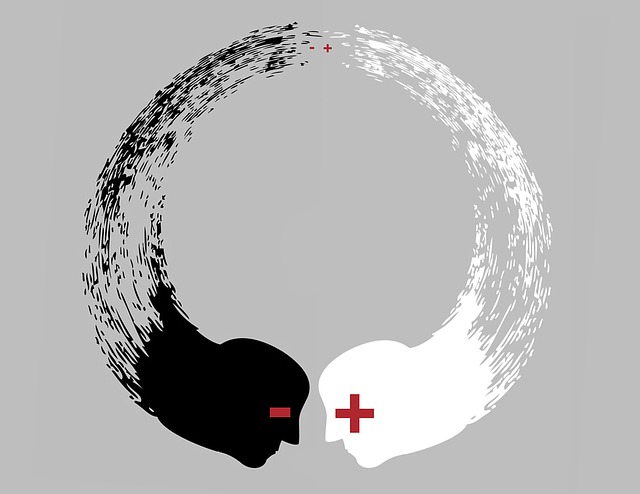In an earlier post, I looked at the different levels of connection involved in “love”. Before that, I explored ways to develop a sustainable intimate relationship through mindfulness. The reality is that building a relationship takes time and effort, but the rewards are great. No relationship is perfect and the belief that this is possible, leads to unrealistic expectations that can easily undermine a relationship. Every relationship experiences its ups and downs – its highpoints and low points – as two people try to negotiate the waves of life. Many people offer sound advice on things to do and to avoid in a relationship to enable it to grow and develop. Here are some suggestions that resonate with me:
- Express gratitude and appreciation: this is a consistent theme and it is understandable why people recommend this so highly. No one likes being taken for granted, especially in an intimate relationship where there is always substantial give and take. Kira Newman points out that research shows that a lack of gratitude can drag down a relationship. Gratitude can not only help the relationship but it can also be healthy for you and enable you to deal with things that would normally get you down – things like wanting to complain, being bore or feeling overwhelmed by difficulties.
- Don’t harbour resentment: Leo Babauta suggests that resentment is one of seven deadly sins that can kill off a relationship. Resentment can eat away at us and cloud our thinking as well as undermine our health and wellbeing. Leo offers ways to deal with resentment in a relationship in his discussion of the deadly sins. In a previous post, I offered a process of in-depth reflection designed to reduce resentment.
- Challenge your unrealistic expectations: in the early stages of a relationship, the other person seems to be perfect (our perceptions can be clouded by the honeymoon stage of love). As time goes on, we begin to notice words and actions that we find annoying or upsetting. If we dwell unduly on these unmet expectations, they can outweigh our positive experiences in the relationship. Leo suggests that unrealistic expectations of perfection in our partner and our relationship can be the seeding ground for resentment. He argues that a foundational unrealistic expectation is wanting the other person to fulfill our lives – be the source of our personal fulfillment. He argues that it is important to find our fulfillment within our self and bring to the relationship a person who fully shows up in their life.
- Comprehensive and regular communication with your partner: Leo reaffirms the views of many people that communication is “the cornerstone of a good relationship”. He suggests that this communication should not only cover what we appreciate in our partner but, in a kind and courageous way, involve sharing our resentments, jealousies or unfilled expectations that may arise over time in a relationship.
Reflection
It is so easy for a relationship “to go off the rails” and many people who have been able to sustain a long-term relationship, readily admit to the times when they experienced “darkness” or deep dissatisfaction in their relationship. The suggestions in this post can help to move us out of the dark and into the light again. If we can grow in mindfulness as we pursue our personal fulfillment, we can bring to the relationship a deep sense of gratitude, an enlightened self-awareness, a capacity for reflection-in-action (to prevent unnecessary escalation of a conflict), the resilience to meet relationship challenges and the ability to sustain the effort and the lifelong learning required to enrich our relationship. Developing our relationship will enable us to reap the rewards of companionship, mutual respect, love and a deep sense of psychological safety.
_____________________________________
Image by Foundry Co from Pixabay
By Ron Passfield – Copyright (Creative Commons license, Attribution–Non Commercial–No Derivatives)
Disclosure: If you purchase a product through this site, I may earn a commission which will help to pay for the site, the associated Meetup group and the resources to support the blog.

